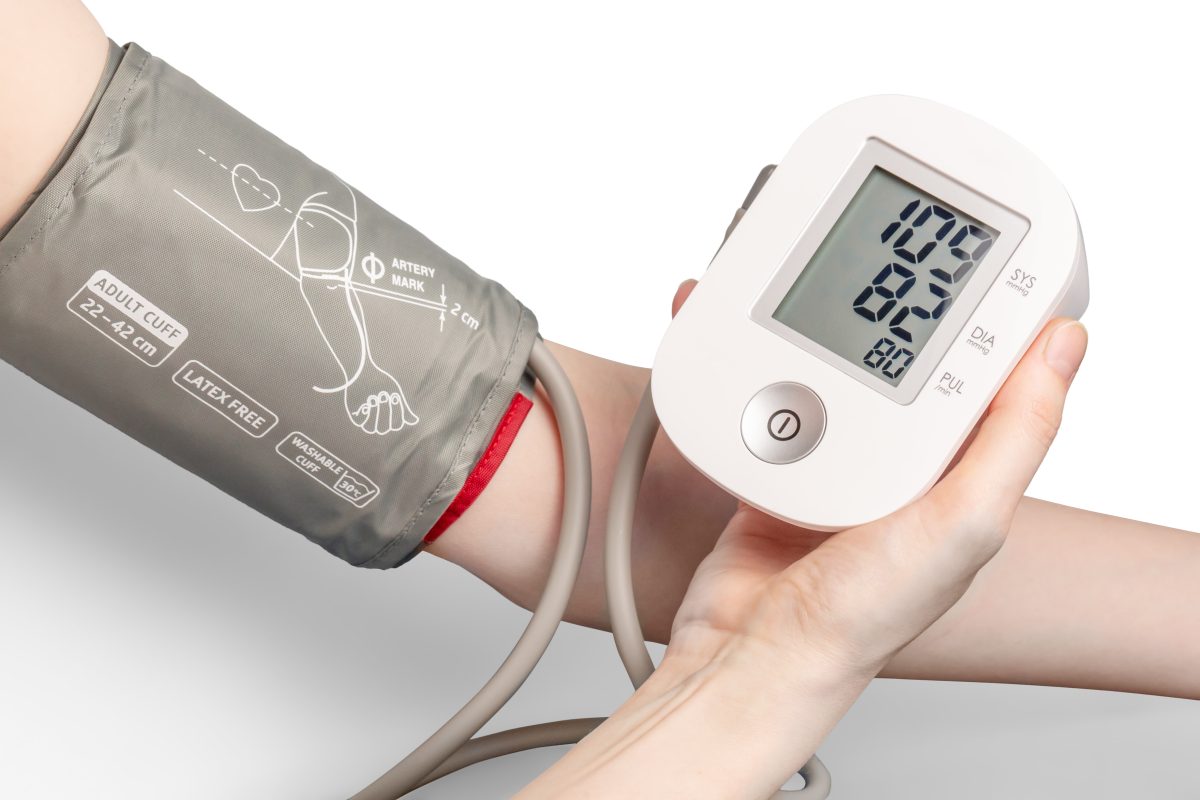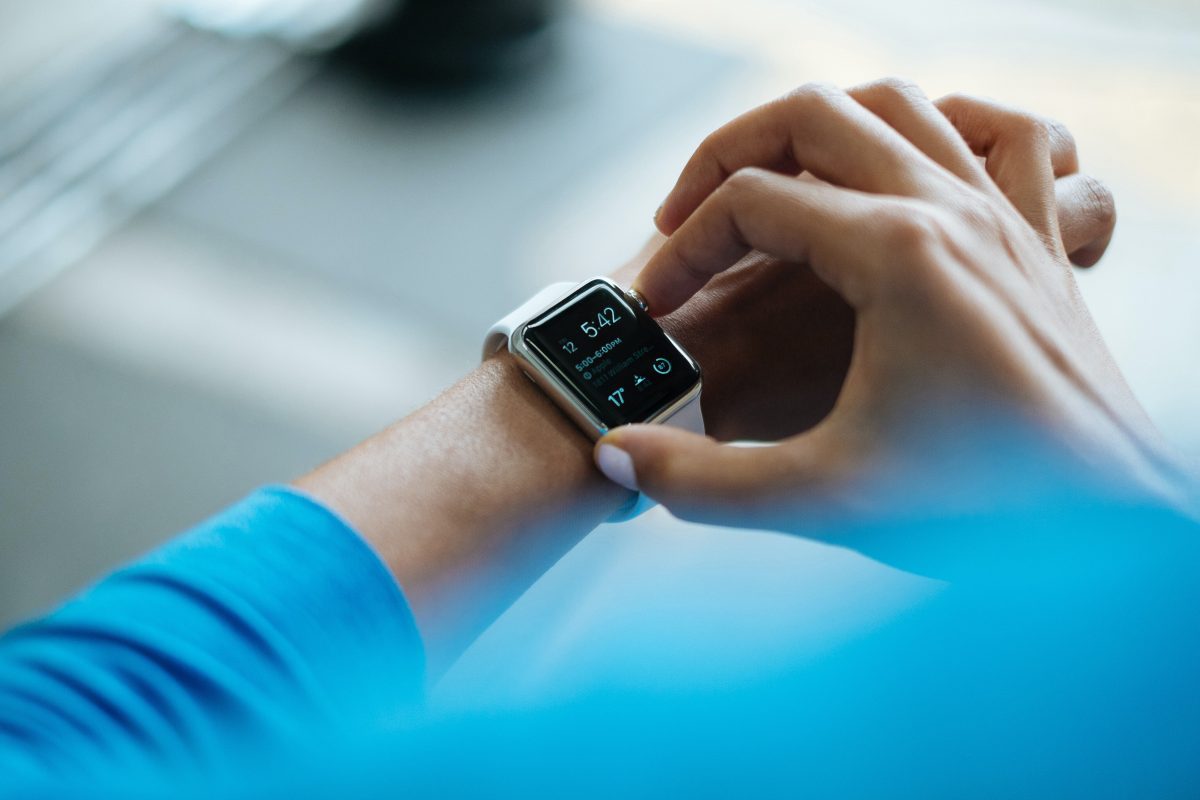There are a few medical devices that you should have at home in case of an emergency. In this blog post, we will discuss some of the most important devices that you should have on hand. These devices could save your life or the life of a loved one, so it is important to be prepared!

Find The Right Supplier
When purchasing medical devices, it’s important to find the right supplier. Look for suppliers who offer quality products that are cost-effective and reliable. Research the supplier’s customer service record, and make sure they are certified by a recognized governing body or organization. Ask questions about their warranties, return policies, and technical support. When it comes to medical products, reliability and trustworthiness are key. Finding the right supplier can help ensure that you get the best value for your money, and have peace of mind knowing you have reliable products in case of an emergency.
Sleep Monitors
Sleep is an essential component of a healthy lifestyle, and sleep monitors can help you better understand how well you are sleeping each night. Sleep monitors measure breathing patterns, heart rate, movement, and other indicators to provide insight into your overall quality of sleep. With this data, you can adjust environmental factors like temperature or noise levels to create a more suitable sleep environment. Sleep monitors can also help to identify sleep disturbances, such as apnea or snoring. Having a sleep monitor at home can be an invaluable tool for improving your overall health and well-being.
Earplugs
Having earplugs at home can be an invaluable tool for reducing noise, both from within one’s environment and from inside the body. Earplugs are protective devices that fit snugly into the ears to prevent loud noises from entering the ear canal and causing damage. They also help reduce wax buildup in the ear, which can lead to discomfort, infections, and hearing loss.
Wearing earplugs during sleep can provide a better quality of rest, as well as protection from loud noises in the environment, such as construction work or fireworks. Having earplugs readily available at home is especially important for people who frequently travel to places where there are high levels of noise pollution. Not only will they protect your ears from potential damage, but they can also help keep you relaxed and comfortable.
Baby Monitors
Baby monitors can be an invaluable tool for parents, giving them peace of mind that their baby is safe and sound even when they are out of sight. Baby monitors come in a variety of styles and sizes, from basic audio-only models to more advanced versions with video recording capabilities.
The most basic types allow you to hear your baby’s cries, while more sophisticated models allow you to see your baby’s movements, watch the room temperature and even speak back through the device. Video monitors can even be connected to a smartphone app for added convenience. Baby monitors are an essential medical device for any parent to have in their home. With the help of these devices, parents can rest easy knowing their baby is being monitored at all times.

EpiPens
EpiPens are lifesaving devices that can be used to treat severe allergic reactions. An EpiPen contains a dose of epinephrine, which is a hormone that helps reduce swelling, hives, and other symptoms related to an allergic reaction. It’s important to keep several EpiPens in your home in case you or someone else experiences an allergic reaction.
Make sure to always read and follow the directions on your EpiPen before administering it. It is also important that you know how to properly administer the medication, as improper administration can increase the risk of a serious reaction. Having an EpiPen at home can be critical in ensuring a timely response should an allergic reaction occur.
Thermometers
Having a thermometer on-hand at home is an important medical device to have in case of illness. A thermometer measures body temperature and can alert you if something isn’t right. Most modern digital thermometers are fast and accurate, making them easy to use for temperature readings. It’s best to keep a few different types of thermometers at home, including a basal thermometer for tracking ovulation and a forehead strip thermometer for quickly checking temperatures.
This way, you’ll always have the right tool to take your temperature in case of an illness. It’s important to store thermometers properly and follow manufacturer instructions when taking readings. Proper care and use will make sure that any temperature readings are accurate. Keeping a thermometer in your home medical kit is an important precaution to maintain a healthy lifestyle.
In conclusion, there are a variety of medical devices that you should have in your home. Earplugs, baby monitors, EpiPens, and thermometers can all be useful tools for providing protection and peace of mind in case of illness or an emergency situation. Having these items readily available makes sure that you’re always equipped to handle whatever medical issues may arise.




